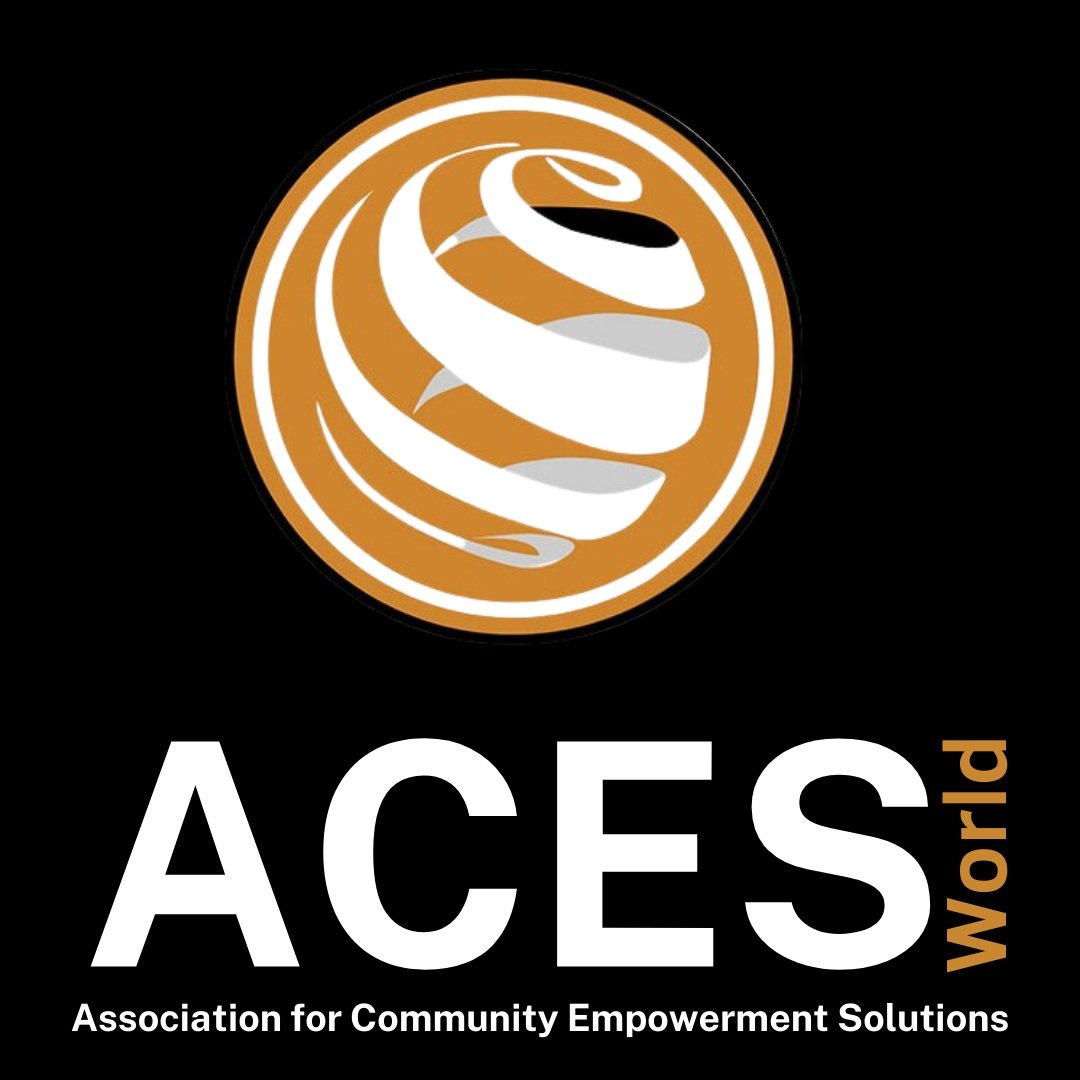16 Days of Activism Starts with Education and Empowering Survivors of Gender-Based Violence
Each year, from 25 November to 10 December, World Human Rights Day, the 16 Days of Activism campaign calls for action against one of the world’s most persistent violations of human rights – violence against women. Violence against women (VAW) or Gender-Based Violence (GBV) is increasing at an alarming rate in every country. In some communities and regions, it is accepted as the norm, and the patriarchal structures reinforce the unequal power dynamic, allowing violence to occur without repercussions. GBV encompasses a range of abuses, including physical, sexual, emotional, economic, and technological (Bencomo et al., 2022). Other forms of discrimination and bias further perpetuate it. While GBV can involve all genders, the term is used to characterize violence that disproportionately impacts women and girls as well as the LGBTQI+ community.
GBV is a public health crisis that undermines health, well-being, financial security, and human rights. Victims and survivors who choose to come forward are at risk of retaliation from a partner; there must be safeguards in place to ensure their safety. The psychological damage can adversely affect day-to-day life and leave a lasting effect on children where social services may be involved (Hossain et al., 2022). This is compounded by direct and indirect costs on families and communities who may not have the resources or access due to the primary situation they were placed in.
It is important to note that no two individuals’ experiences of gender-based violence are the same. Healthcare providers must understand these differences with cultural sensitivity if healthcare providers can be a beacon of support. Survivors can be resilient and advocates and use their lived experiences to provide others with practical solutions and support (International Rescue Committee, 2023). GBV is usually used as a catch-all term, but not all forms can be addressed with the same approaches, and they must be specifically targeted to different forms of gender-based violence. That means that policy must be in place to handle the other forms.
Education to the community and empowering survivors is critical in the aftermath of gender-based violence. Education can play a role in addressing the stereotypes that bring about gender-based violence. Schools and universities can promote gender equality through proactive on-campus activities. Students ' attitudes can bring about a culture of respect. Empowering victims and survivors involves having counseling services and shelters that are easily accessible and safe to reach. Financial and economic resources can provide survivors a means to rebuild their lives independently without returning to recurrent abuse.
In May of 2023, the Biden administration bolstered an existing federal initiative for ending gender-based violence. This is the National Plan to End Gender-Based Violence, which is a comprehensive approach to prevent and address GBV in the United States. It gives priority to areas that have been underrepresented in terms of research and policy, such as prevention, racial justice, LGBTQI+ equality, intergenerational healing, community wellness, and challenging the status quo of social norms that exist by providing unequal power to Men (U.S. National Plan to End Gender-Based Violence: Strategies for Action, May 2023). Although the initiative is a federal plan, it can be a framework for other NGOs, private organizations, and community stakeholders to be at the forefront of this pervasive healthcare crisis. There must be a concerted effort to end gender-based violence.
References
Raftery, P., Howard, N., Palmer, J., & Hossain, M. (2022). Gender-based violence (GBV) coordination in humanitarian and public health emergencies: A scoping review. Conflict and Health, 16(1), 16–37. https://doi.org/10.1186/s13031-022-00471-z
Sapire, R., Ostrowski, J., Maier, M., Samari, G., Bencomo, C., & McGovern, T. (2022). Covid-19 and gender-based violence service provision in the United States. PLOS ONE, 17(2). https://doi.org/10.1371/journal.pone.0263970
The White House. U.S. National Plan to End Gender-Based Violence: Strategies for Action. May 2023.
What is gender-based violence – and how do we prevent it? The IRC. (2023, August 22). https://www.rescue.org/article/what-gender-based-violence-and-how-do-we-prevent-it
